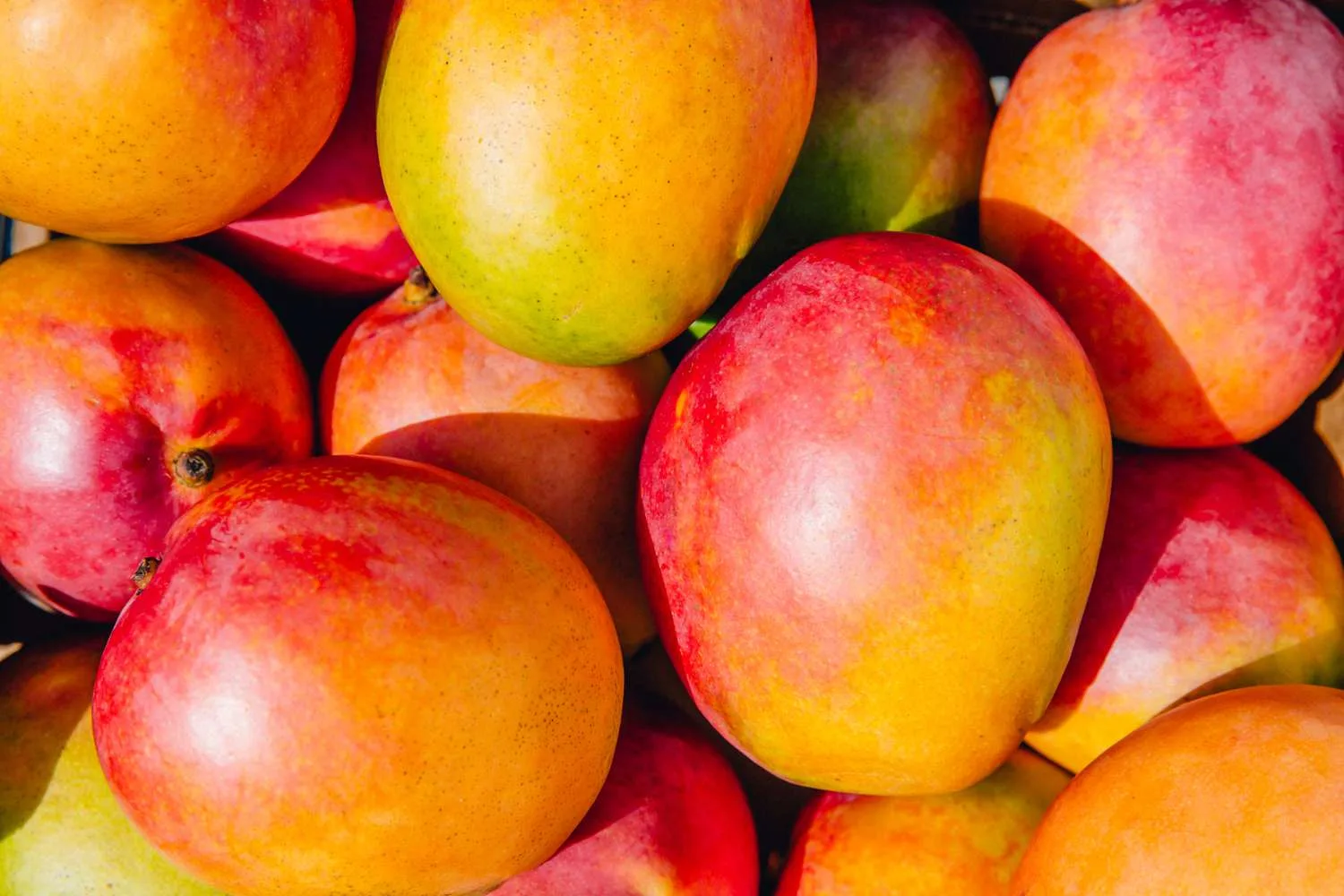How to Spot Naturally Ripened Mangoes: A Guide to Safe Consumption
Mango season is a delightful time, but it’s crucial to know how to distinguish naturally ripened mangoes from those artificially ripened with chemicals like calcium carbide. Experts are raising concerns about the health risks associated with consuming chemically ripened fruits. This guide will help you ensure the mangoes you’re eating are safe and naturally sweet.
Understanding the Risks of Calcium Carbide
Calcium carbide, often used to accelerate the ripening process, poses several health hazards. Consuming mangoes ripened with this chemical can lead to:
- Digestive problems
- Skin irritation
- More serious health complications with prolonged exposure
It’s essential to be vigilant and choose mangoes that have ripened naturally to protect your health.
Identifying Naturally Ripened Mangoes
Here are key indicators to help you identify naturally ripened mangoes:
- Smell: Naturally ripened mangoes have a sweet, fruity aroma emanating from the stem. Chemically ripened mangoes may have a faint or unusual smell.
- Color: Naturally ripened mangoes exhibit a uniform color, with variations in shades of yellow or orange. Avoid mangoes with patches of green or black, as these might indicate artificial ripening or spoilage.
- Texture: A naturally ripened mango should feel slightly soft to the touch, but not mushy. Artificially ripened mangoes can be hard and unripe inside despite their outer appearance.
- Appearance: Check for a natural bloom (a powdery white coating) on the skin, which is often present on naturally ripened fruits.
- Taste: The most reliable way to tell is by tasting. Naturally ripened mangoes have a rich, sweet flavor. Chemically ripened ones may taste bland or have a slightly bitter aftertaste.
Additional Tips for Safe Mango Consumption
- Buy from trusted sources: Purchase mangoes from reputable vendors who prioritize natural ripening processes.
- Wash thoroughly: Always wash mangoes thoroughly under running water before consumption to remove any surface residues.
- Observe the ripening process: If you buy unripe mangoes, allow them to ripen naturally at room temperature. Avoid placing them in direct sunlight.
Final Overview
By understanding the risks of chemical ripening and knowing how to identify naturally ripened mangoes, you can enjoy this delicious fruit safely. Prioritize your health and make informed choices when purchasing mangoes this season. Stay vigilant, and savor the natural sweetness of the king of fruits!




+ There are no comments
Add yours